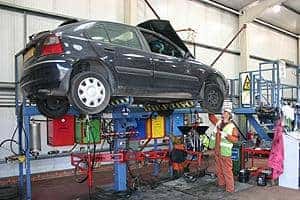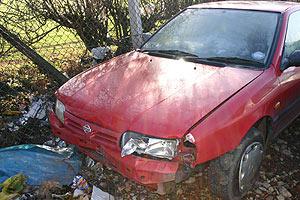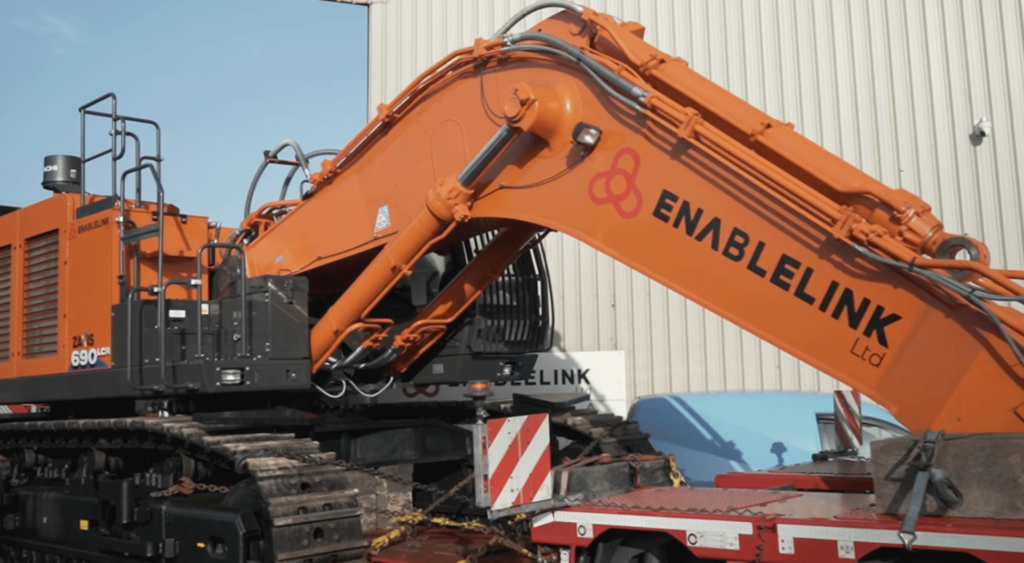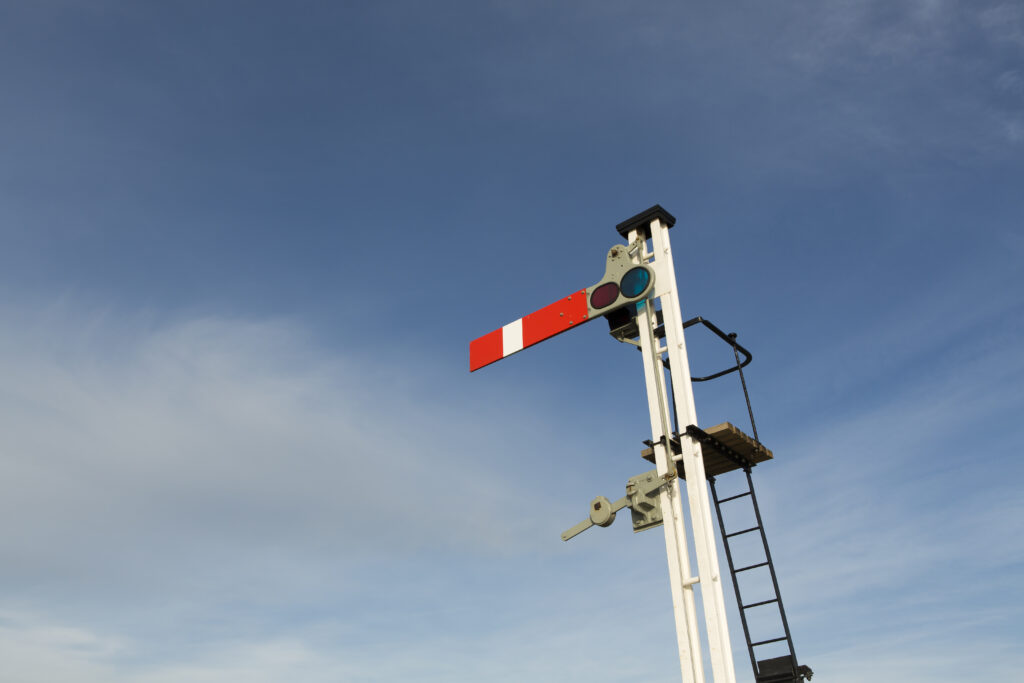But, despite the manufacturers' success for 2006, national recycling targets for 85% are likely to be missed by 1-2%. This is because car recyclers outside of the manufacturers' scheme have failed to send enough non-metallic materials for recycling or reuse.
The obligation on manufacturers and the 85% recycling target are in the UK's recycling system for end-of-life vehicles (ELVs) which has two main features.
Two-part system
The first requires vehicle manufacturers – such as Ford or Volkswagen – to meet their obligations of providing a free take-back route for the last owners of vehicles and achieving an 85% average by weight recycling and reuse target. The second part of the system requires scrap yards and vehicle dismantlers who are not contracted to the vehicle manufacturers' recycling network to also meet the 85% target.
Figures made available today cover 2006, the first year of the recycling targets, and set an 85% level. This has to be met by a given 75% figure for metals recycled from cars plus 10% covering recycling or reuse of other materials such as plastics, glass, foams and liquids.
Own marque
BERR has revealed that its analysis of the obligations on vehicle manufacturers (VMs) shows they have met their 85% recycling target covering their own brand – “own marque” – end-of-life vehicles. And, the VMs have also fulfilled their obligation to provide a network of authorised treatment facilities to which an owner of an end-of-life car can take it back free of charge. This responsibility has been discharged by using two service providers, Autogreen and Cartakeback, who handled about 190,000 vehicles through this ATF network.
The car manufacturers, said BERR, have provided successfully for owners of their own brand end-of-life vehicles so that three quarters of owners had a facility with 10 miles of their home and the remainder within 30 miles. (Special provisions apply to remote areas and islands, such as Shetlands, where manufactures have faced higher costs to recover vehicles).
Service providers
To provide their take-back and recycling service, all VMs joined one of the same two service providers, Autogreen or Cartakeback for 2006 – apart from some specialist car makers where cars have a higher value for many years. BERR is seen as being “very pleased” that this approach was successful.
Car manufacturers did not find it all plain-sailing. This was partly because of different approaches taken by the two service providers. Autogreen, which has main members in Kia, Vauxhall, Toyota and BMW, was hoping for a high level of reuse but the service found that the level it had hoped for was not achieved. As a result, the company went to shredder operators (large scrap metal recycling businesses) to obtain evidence for specific volumes of materials recycling, such as plastics. It had been hoping that because it also contracted to handle many “premature” end-of-life cars (usually those damaged in accidents) it would have more parts to send for reuse.
Cartakeback is run by independent shredder operators, including Nortons of Merseyside, and was successful in recycling/reuse of 10% of materials above the metallic content, through the successful recycling of glass, tyres, liquids and other materials.
Autogreen and Cartakeback account for only about 260 of more than 1,200 ATFs across the UK and it is this remaining 940 who are likely overall to fail the 85% recycling target. Figures are expected to be released shortly but the Department is expecting a level of about 83-84%, up on earlier calculations of 81%.
Among this group of 940 businesses there will be treatment facilities which have met the 85% target with others which have not. Many small operators, typically cash-based businesses, which traditionally have not had to worry about recycling more than the 75% metallic content of car. There are also the two largest shredder operators, EMR and Sims, who have moved to invest in separation equipment and processes to improve their recycling rate on non-metallic materials. Specific recycling figures for these two companies may be made available.
European Commission
It is thought unlikely that the European Commission will take action against the UK because, while this figure may be missed, it is the first year of the targets and the UK is also unique in having to handle all its vehicles – countries like Germany see many of their potential end-of-life vehicles leaving for use elsewhere, such as in Poland or the Czech Republic.
A failure to hit the 85% target across all recyclers will be seen by some in the sector as a result of the way the UK implemented the regulations. BERR adopted an approach which it hoped would not disrupt the market. It is suggested that rather being too bureaucratic and prescriptive, a producer responsibility approach “of working with the grain of the system was adopted rather than seeking to distort it.”
Consignment note
No formal evidence system was introduced for vehicles but instead the waste consignment note has been key to record-keeping as well as hazardous waste records for other materials such as batteries. A complicated UK record system for cars has not helped BERR which is keen on a certificate of disposal approach for the vehicles. In the past tensions have arisen over the role of the DVLA in Swansea, with questions being asked in Parliament about the efficiency of the car licensing system. Under this system, part of the car owner's V5 form can be filled in to say the car has been scrapped without further checks.
Other recyclers
The significance of the recyclers operating outside of the VMs' two service providers is clear in numeric terms for 2006. It is estimated that 305,000 vehicles were picked up by the providers out of a total of 1.1 million vehicles handled overall.
A key issue remains over the relationship between the major shredder operators and vehicle dismantlers and recyclers of all sizes. The shredder operators want the metal generated from cars and the smaller firms need recycling evidence for non-metallic materials to demonstrate that they are meeting the 85% target.
Proceedings
Action on the ground against smaller operators for failing to meet the 85% level is seen as quite unlikely. Instead, BERR may well take action against a number of smaller companies who have not even bothered to register under the recycling regulations. Formal proceedings are expected to start shortly and come in the wake of increased activity by the Environment Agency to crack down on unlicensed dismantling sites.
The Department is of the view that those small businesses in particular who have faced the costs of licensing and meeting recycling requirements should not face unfair competition from illegal operators, who are especially keen to operate at present because of the high prices being paid for scrap metal.
2007
Looking ahead, BERR is thought to be hopeful that the UK will meet all its targets for 2007, although this will be influenced by the amount of plastics recycling undertaken. Also important will be the amount of shredder residue recovered and the large shredder operators are working on ways to recover this. In particular, glass remains a challenge. And, the even higher value of scrap metal in 2007 compared to 2006 will continue to help encourage the recycling of end-of-life vehicles.












Subscribe for free